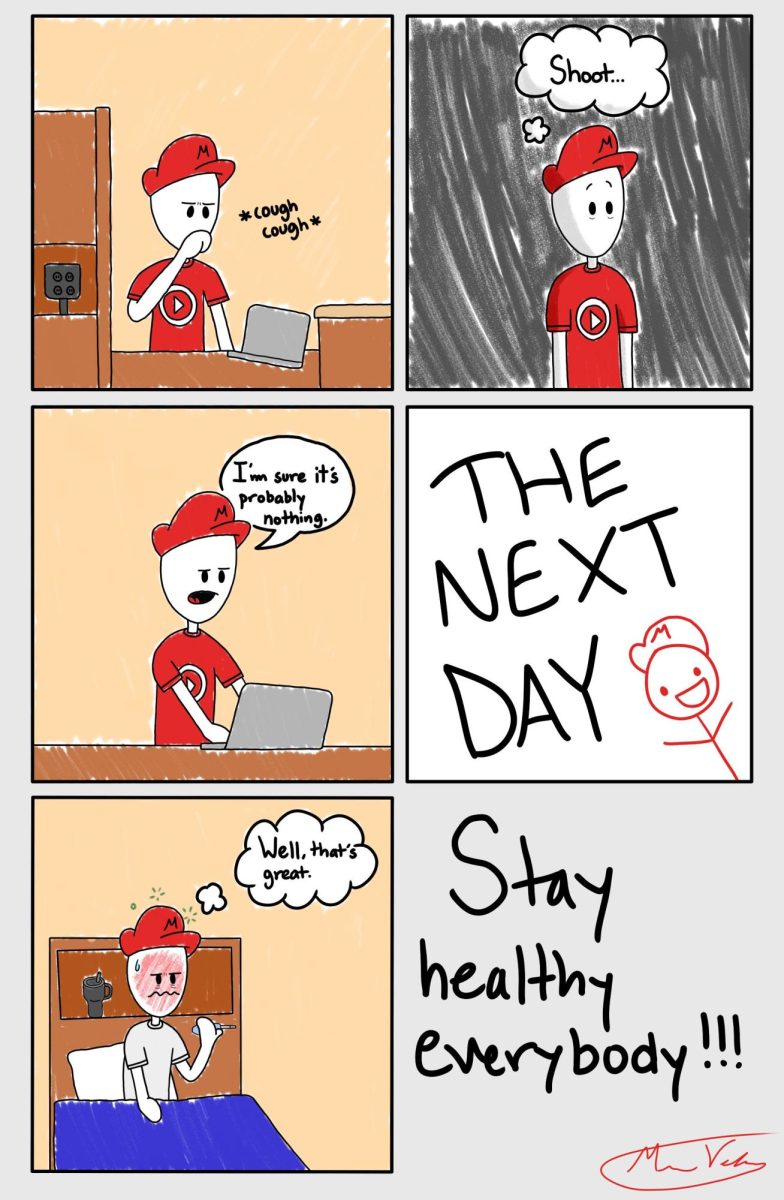“I’m tired.” Every college student in existence is probably best friends with that phrase, and I am no exception.
Like some of you, I am your classic Type A overachieving personality. The Myers-Briggs personality test tells me I am an extrovert, and my primary love language is “acts of service.” Some of you may be able to relate when I say that I absolutely hate to do nothing.
And for the most part, that aspect of my personality has served me well during my college career. Like a lot of college students, I genuinely love to learn, work and be involved in both campus life and the community. Procrastination? Disorganization? Inactivity? I don’t know them.
Sounds great, right? And for the most part, it is. Until I forget how to rest.
As it turns out, a willingness to work can come with an inability to say no and set boundaries. I do not know how to say no to work, and that can take a real toll on my physical, mental and emotional health.
On my worst days, I tie my self-worth into my ability to work. If I am not working or contributing, then what good am I? If I am not constantly improving my skills, then how can I be a successful and valuable member of society? I feel guilty for not working and even more guilty for letting others do work I had mentally assigned to myself, regardless of whether it was my responsibility or not. Maybe you’ve felt that same guilt.
I had one of those bad days recently. It had been a very long week of confusing projects, mountains of homework with changing requirements and fast-approaching deadlines, and other responsibilities that had me straining my mental abilities and pushing my physical limits.
I was in the middle of my early morning work shift when suddenly my computer stopped working. To say I was ready to weep would be a bit overdramatic, but I was ready to cry. I had deadlines to meet and assignments to turn in, but instead of accomplishing all those things, I was dead in the water. I could not even write a Collegian article.
But amid all our trials, both big and small, the Lord is gracious, and He brought to my memory the story of Elijah: his failure and the time the Lord told him to rest.
1 Kings 19 tells the story of Elijah battling against Ahab and Jezebel. Elijah knows he has the strength of the Lord behind him, but when Jezebel threatens his life, Elijah loses faith and runs away. He runs into the wilderness and breaks down, begging the Lord to take him up to Heaven because he just cannot stand to be on this earth anymore.
God does not take Elijah, but neither does He immediately reprimand him. He lets Elijah sleep, and twice the angel of the Lord brings Elijah food to nourish him. After resting and replenishing his energy, Elijah goes to Mount Horeb where the Lord passes by and gives Elijah new instructions.
The point of this story is that when Elijah failed, when he was so exhausted and depressed and completely incapable of continuing, the Lord had him rest. He had Elijah rest and He also fed him, taking care of the prophet until he was in a better state to accomplish the work the Lord had for him.
























































